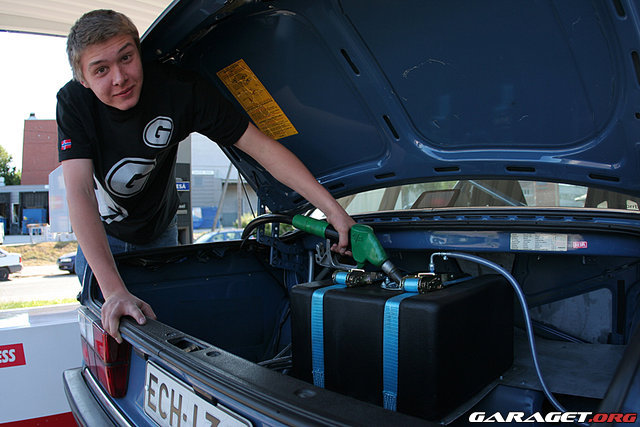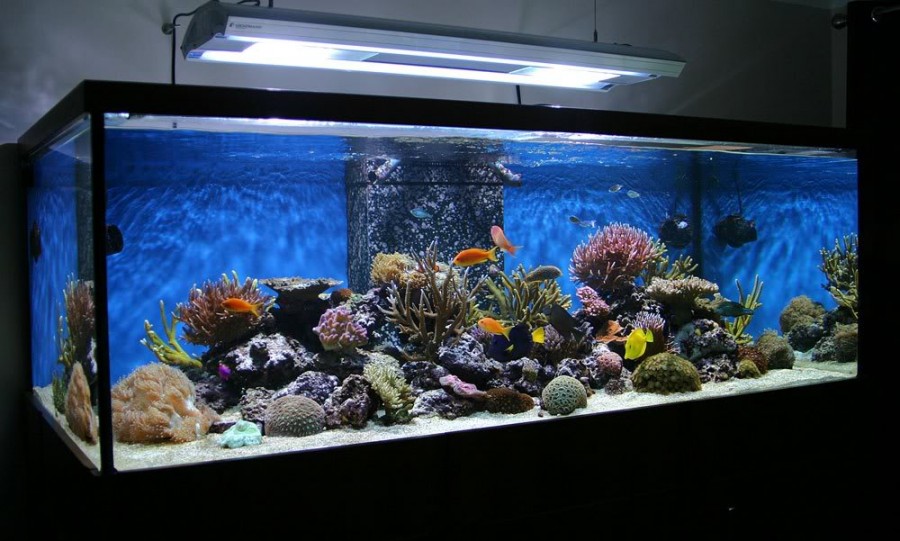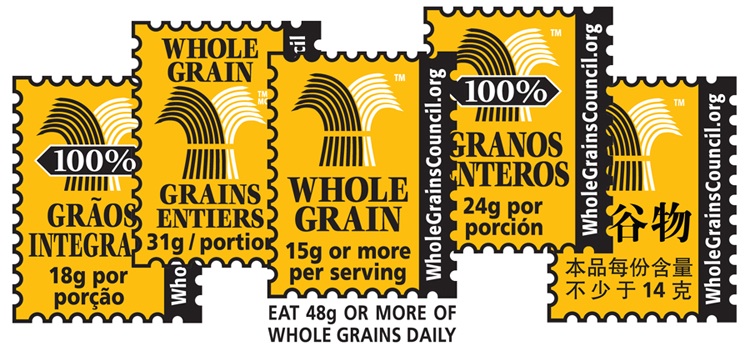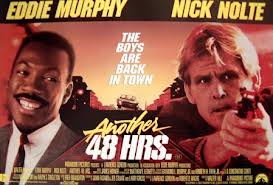LGN marathon fuel & hydration tips

Welcome to LGN’s marathon fuel & hydration tips:
LGN corporate Run Club’s have members targeting various 2016 marathons and whether their target is a shiny new PB, achieving elite qualifying times or simply enjoying every step of their first marathon, our LGN trainers repeat the mantra that their first goal is to ensure fuel & hydration requirements are maximised on the start line.

Are you fuelling up enough prior to race day?
You might be surprised to learn from LGN experience how elite & beginners alike after months of disciplined training frequently fail to fulfil their hard earned fitness potential by simply not eating or drinking optimally. (A recent study prior to London Marathon found that less than 10% of runners ate enough carbohydrate pre race day and those that did eat ‘enough’ ran 13.4% faster.)
Your fuel tank:
Your glycogen store within your liver and muscles is in effect your energy fuel tank, and this tank can only hold enough energy at anyone time to keep you running at race pace for approx 90 - 120 mins and only for this long if full at the start, hence why pre-emptive mid race fuelling is so important and why our goal is ensure that as you stand on that start line your fuel tank is 100% full.

A full tank....
Carbo loading:
You may have heard of the term ‘Carbohydrate Loading’ as it has been used for many years, although the old maxim of depleting energy stores in the final days prior to racing have been de-bunked, the concept of increasing carbohydrate intake as route to achieving greater fuel reserves is still successfully used today.

Incorrect loading technique
How much?
3 – 4 days prior to race day LGN recommends increasing the percentage of carbs from your daily diet up to 65% - 75% (normally 50% - 60%) and consuming 7 - 10 grams of carbohydrate for every kilogram of body weight. Your training will dramatically reduce in last few days prior to racing, therefore your energy requirement will similarly drop off, thus there is no need to consume greater number of total calories, and instead we are simply looking at increasing percentage derived from carbohydrate.
Not all fuel is the same:
Aim to fuel up on quality unrefined carb options as this will yield better slower energy release & additional essential vitamins & nutrients. For example when it comes to rice, although white rice is a good carbohydrate source, brown rice is considerably better and wild rice the best of all three.

Wild Rice rocks, especially when sung to the tune of Duran Duran's 'Wild Boys'
A good guide when looking for healthiest carbs is to look how much fibre it has, whole grain carbohydrate tend to have more fibre and more fibre equals slower releasing energy. During and after the race you will need fuel that release energy quickly (white bread jam sandwich, banana or sports gels), but before race start we are looking to fuel up on slow releasing energy. To reach your carbohydrate targets, try eating little and often rather than going one big meal that possibly your body will be unable to efficiently transfer as stored glycogen
LGN high carbohydrate classics include:
- Porridge (get creative adding fruit etc)
- Whole grain bread with peanut butter
- Whole wheat Spaghetti carbonara
- Chicken with a good sized serving of wild rice
- Sweet Potatoes, Barley, Bran cereal
- Beans, especially Pinto Beans & Black-Eyes Peas
* However, don't eat food prior to marathon you have not eaten in past weeks of training!

Whole Grain nutrtion is good advice in any language
Should I still eat protein?
Yes, carb loading does not mean excluding non carb options from your diet and protein actually helps slow carb digestion, lowering Glycaemic Index (GI) of the meal and therefore helping to drip feed the energy slowly to the body which is exactly what we are looking for in your marathon prep.
Hydration:
As per above with fuel, we need you to arrive on the start line beautifully hydrated. Hydration does not just mean water, but importantly all the essential electrolytes and salts that assist with muscle function.
It can take up to 48 hours to hydrate fully to a cellular level, so drinking copious amounts of water before that start can often merely flood your kidneys, dilute your essential electrolytes and lead to de-hydration. Consider drinking little amounts but often at least one week prior to race day aiming for 2.5 – 4L per day and 200 – 250ml per hour. To try and ensure electrolyte levels are optimised for race day LGN recommend using hydration tablets (Nuun et al) in your final 3-4 day countdown.

Another 48 Hrs is how long it will take to hydrate successfully to a cellular level
Race day:
Factor in excitement + adrenalin and therefore expect a loss of appetite, so it is even more important to ‘eat for the hunger to come’. Ensure you wolf down your quantity low GI breakfast fuel of choice and consider easily digestible snacking en route to race (LGN favourite is banana sandwich) to minimise risk of glycogen store being depleted & then with minutes before the starter’s gun we advise taking an energy gel to have a small glycogen safety buffer. During the race & holding your PB target pace you need to pre-empt energy needs & not wait to feel you are running low.

Bang! - the question is are your glycogen & hydration levels at 100%, well are they punk?
Your body can utilise approx 25g – 30g per 30 – 40mins and so based on someone aiming for a 3hr marathon using energy gels with 25g per sachet they will need up to 6 gels & take them at regular 30min intervals. If using gels LGN advise isotonic options that don’t require water and tend to place less strain on digestion.
If correctly hydrated on race day pre-empt is the watchword, your thirst mechanism generally only tells you when you are already de-hydrated. Research indicates maximum hydration uptake at 0.4 – 0.8 litres per hour, so you just need to keep sipping at each water station to top up your nicely pre hydrated body.
Leverage that training investment:
You have trained hard to toe the 26 mile starting, so take the time to ensure you can truly leverage your training graft via effective fuelling & hydration, good luck to all runners and see you on the other side!

